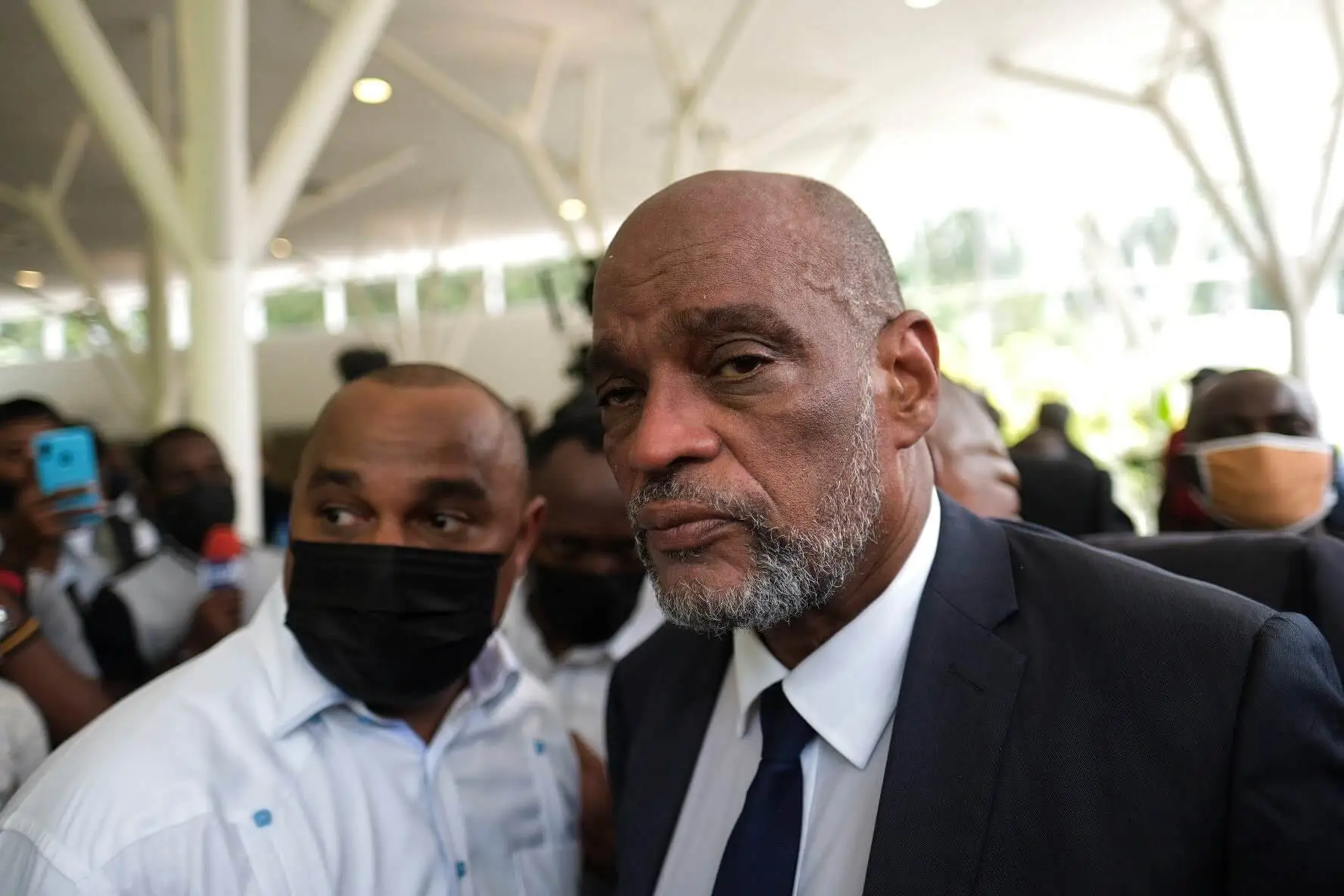In Haiti, Prime Minister Ariel Henry has chosen to resign. This move is part of efforts to tackle the country’s severe political turmoil.
Since taking charge after the 2021 assassination of Haiti’s president, Henry has witnessed rising violence and gang dominance.
His government, which was never elected, struggled to restore order and set up elections.
Henry’s resignation was announced after discussions in Kingston, Jamaica, with Caribbean and global leaders.
These talks aimed to quicken Haiti’s political transition, currently marred by insecurity and potential unrest.
The plan includes forming a transitional presidential council and naming a temporary prime minister.
Under Henry, gang influence surged, harming national security. Henry sought international help for a UN-led security mission, showing Haiti’s dire need for external support.

His efforts and international trips highlighted Haiti’s critical situation.
The upcoming transitional council, featuring varied societal voices, aims to appoint a temporary prime minister.
This group’s task is to lead Haiti to its first elections since 2016. Despite criticisms of delaying elections and corruption allegations, Henry has urged for peace and stability.
Globally, there’s strong support for Haiti, with promises of financial and humanitarian aid.
This includes funding a security force to aid local police against gangs, which have caused a humanitarian crisis.
The gang violence in Haiti has led to severe rights abuses. Gang leader Jimmy “Barbeque” Cherizier’s threats underscore the significant hurdles to achieving peace and democracy in Haiti.
Henry’s resignation marks a crucial step towards addressing Haiti’s challenges.
It emphasizes the need for quick, united global action to guide Haiti towards stability, security, and democratic governance.

